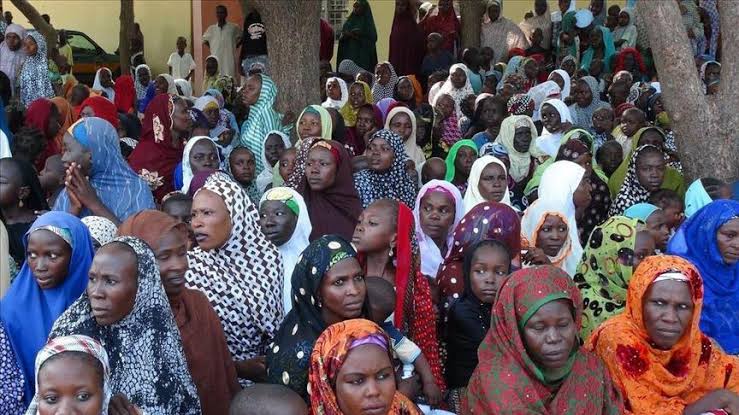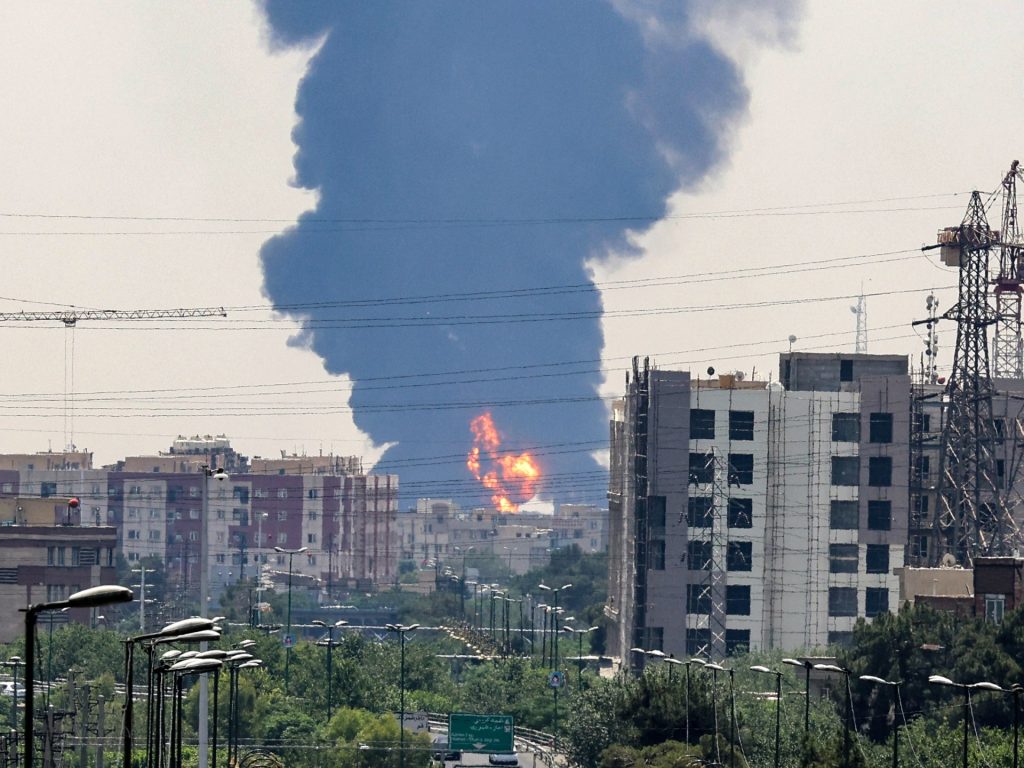Israeli troops have advanced further into Gaza City, targeting militants who had gathered there, leading to a mass exodus of Palestinians from the heavily affected area. The continued military action has intensified the already dire humanitarian situation in the region.
Hamas has warned that the ongoing Israeli airstrikes and forced relocations in Gaza City could jeopardize the progress made in recent truce negotiations and the release of hostages. Despite signs of advancement in these talks, the conflict’s escalation threatens to undo any diplomatic gains.
Israel has indicated that Palestinians will eventually be allowed to return to their homes in Gaza, though no specific timeline has been provided. This uncertainty has led to widespread fear among Gazans that they may be permanently displaced, reminiscent of previous conflicts.
Bakeza Abu Asr, a displaced woman from Gaza City, expressed her concerns, saying, “During the 1948 migration, people took their house keys with them, and they still have them. Just like they did, our keys will stay with us until we go back home.”
Israel ordered the evacuation of northern Gaza in the early weeks of the conflict, preventing the return of most residents. Consequently, hundreds of thousands of Palestinians remain in shelters or the remnants of their homes.
The conflict, triggered by Hamas’ attack on southern Israel on October 7, has displaced approximately 1.9 million of Gaza’s pre-war population of 2.3 million. Many have been forced to relocate multiple times, constantly moving to avoid ongoing ground attacks. The extensive military operations have resulted in the destruction or severe damage of numerous homes.



